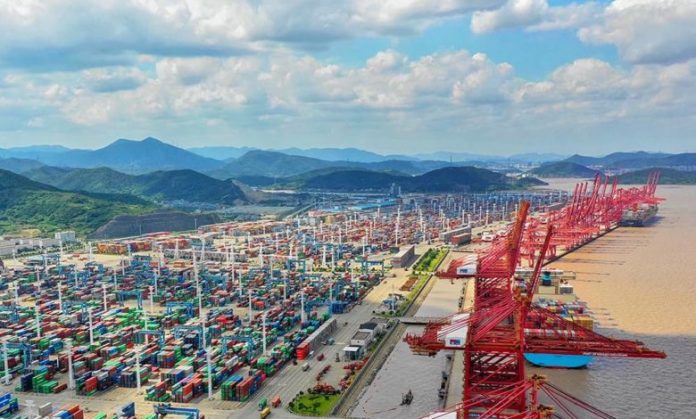The risk modelling company Russell Group has conducted an analysis indicating that a week’s delay of essential trade at Ningbo could impact US$4 billion worth of trade, including the exporting of US$236 million of integrated circuit boards and US$125 million of clothing.
The analysis was based on a week’s worth of trade from the port of Ningbo from 1 to 8 January, the time frame based on the imposing of the restrictions in Ningbo, caused by a rise in Covid-19 cases.
Entry in and out of the port along with operations of containers have been restricted due to new restrictions placed in Ningbo’s Beilun District, after an outbreak of infections at Shenzhou International, a garment factory.
“Any delays at Ningbo come at a bad time for global supply chains, which are suffering from the logjams created by the pandemic,” commented the London-based company.
Many experts are worried about any delays at Ningbo, particularly as the Chinese Lunar New Year is fast approaching, which will see factories in China close for a period in early February, while the Chinese port’s commodities exported to the US during this time period amount to US$385 million.
Suki Basi, managing director of Russell Group, commented “While the disruption to Ningbo from the new restrictions may not be severe as many experts are saying, what we wanted to show was just how integral the port is to global trade.”
“What we discovered was how precarious global supply chains are now, whereby a single blockage at a port, can create ripple effects that are felt by consumers and corporates in the form of higher prices,” he noted.
“Unfortunately, the situation may get worse, with the Chinese Lunar New Year, as companies cannot stock up their inventories for the upcoming months, forcing them to either look for alternative shipping or products, all of which will feed into higher costs for the consumer,” explained Basi.







